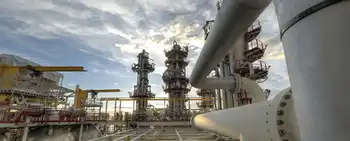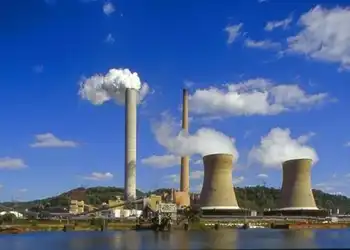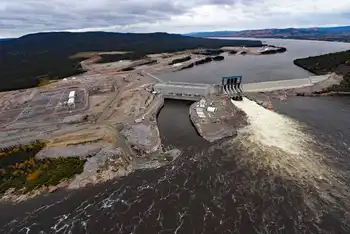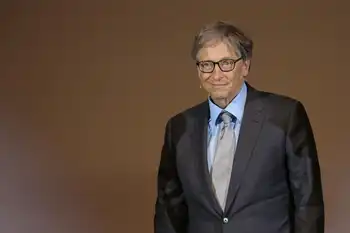KEPCO sees nuclear setback after crisis
KOREA - Japan's nuclear crisis could result in a two to three year setback in the nuclear power reactor market, but demand will rise in the longer term, a senior executive at Korea Electric Power Corp said.
Japan's worst-on-record quake and tsunami on March 11 crippled the Fukushima Daiichi nuclear power plant, 240 km 150 miles north of Tokyo. Japanese engineers are struggling to end the world's worst nuclear crisis since the 1986 Chernobyl accident.
"Japan's crisis may affect the market in the next two to three years but in a few decades nuclear power demand will rise due to a lack of alternative energy," Byun Jun-yeon, executive vice president and chief nuclear project officer at state-run utility KEPCO, told Reuters in an interview.
He said renewable energy would continue to play only a supplementary role due to its poor economics.
China may currently appear to be scaling back its nuclear power plans, "but can't stop, because it's hard to meet their huge energy demand without nuclear reactors, and thermal coal power generation also emits carbon," Byun added.
China last month froze nuclear approvals for new and proposed nuclear plants in the wake of the Japan crisis.
Byun, who majored in electrical engineering at Korea University and joined KEPCO in 1977, said that Brazil, Egypt, Saudi Arabia, Argentina and South Africa were preparing tenders for nuclear reactors which could come by the end of this year.
He declined to discuss specific deals, but said KEPCO was aiming to win tenders and that Saudi Arabia had evaluated KEPCO's reactor operation technologies highly compared with other countries.
"Reactor importers want models which guarantee safety, economics and efficiency... they also want builders who can help them run reactors at least 20 to 30 years later," Byun said.
"South Korea has no accident records in its nearly 40-year reactor operation history," he said.
KEPCO has been aiming to win overseas orders for a total of 10 nuclear reactors by 2020. The United Arab Emirates in December 2009 awarded a $20 billion contract to build four 1,400-MW reactors, the largest energy deal in the Middle East, to a KEPCO-led Korean consortium.
Related News

Potent greenhouse gas declines in the US, confirming success of control efforts
WASHINGTON - A new NOAA analysis shows U.S. emissions of the super-potent greenhouse gas sulfur hexafluoride (SF6) have declined between 2007-2018, likely due to successful mitigation efforts by the Environmental Protection Agency (EPA) and the electric power industry.
At the same time, significant disparities that existed previously between NOAA’s estimates, which are based on atmospheric measurements, and EPA’s estimates, which are based on a combination of reported emissions and industrial activity, have narrowed following the establishment of the EPA's Greenhouse Gas Reporting Program. The findings, published in the journal Atmospheric Chemistry and Physics, also suggest how additional emissions reductions might be…




